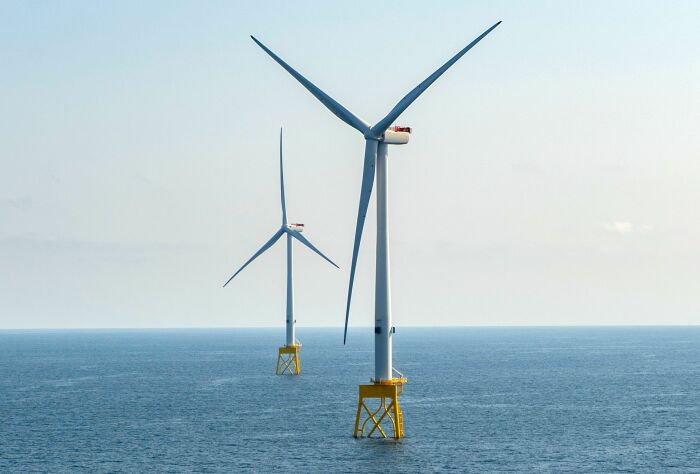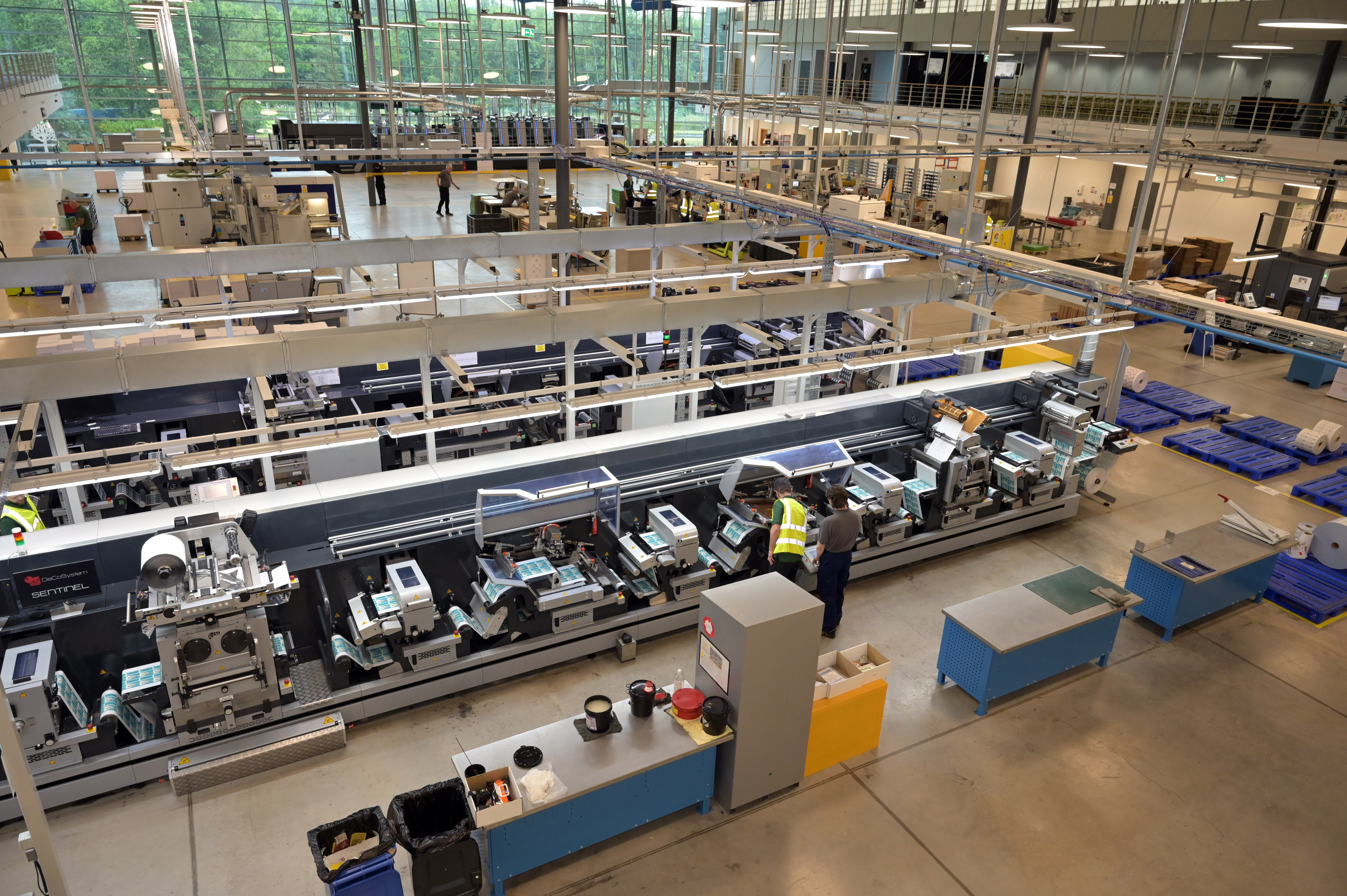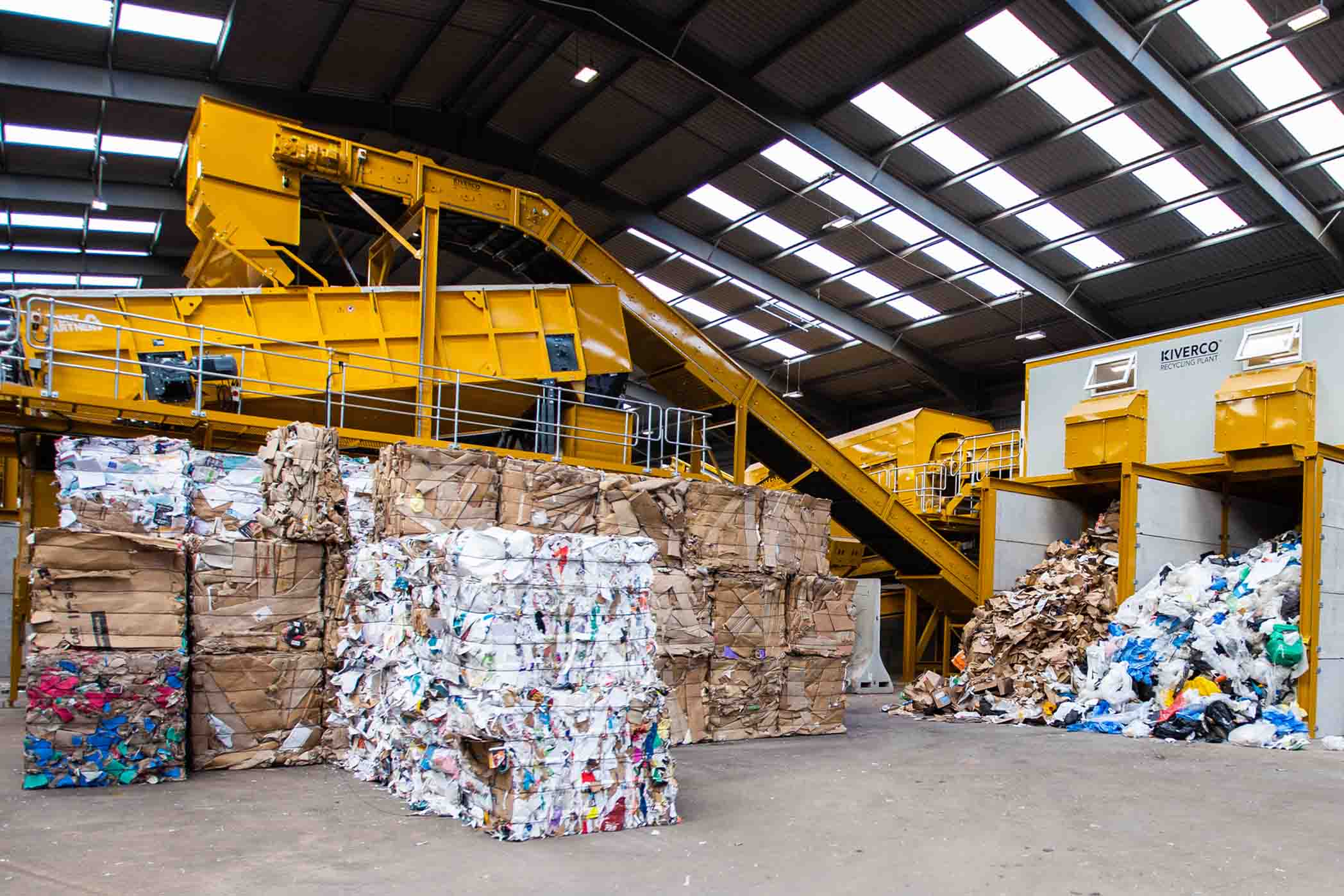Innovative Swiss solutions tackling global challenges

Switzerland specializes in offering innovative solutions to complex global operating structures seeking an efficient, stable and productive location to grow their dynamic high value-added businesses. The country is well known for offering one of the most competitive ecosystems globally. The nation has a liberal economy, political stability, international integration, outstanding infrastructure, and provides a well-structured tax code. In addition, Switzerland has consistently excelled in fomenting innovation and technology, fostering academia, and maintaining one of the world’s highest standards of living. For a population of only 8.5 million, it is extraordinary the global impact Switzerland has had on the world. With innovation being the common denominator across all sectors of the Swiss economy, it ranks 20th in the world in regards to economic size, and has a GDP exceeding $700 billion.
As a stable country with an open economy committed to free trade, it has become an ideal base to manage operations in Europe or across the world. Therefore, this small landlocked nation has been able to attract tremendous quantities of multinational companies. Companies benefit from Switzerland’s iconic neutrality, which has allowed it to build diplomatic relationships and excellent trade agreements with nearly every country in the world.
Twenty years ago when the global economy was thriving, Switzerland was without question, the premier base for global multinationals to establish operations. In fact, it was the destination of choice for half of all multinationals building a presence within Europe.
Its consistent historical reliability and business friendliness allowed companies to blossom. Multinationals felt at home, and expanded their presence and grew their operations.
Swiss innovation has habitually been one of the nation’s core competitive advantages. Switzerland remains the world’s most innovative economy, and for eight consecutive years has been ranked number one in the United Nations World Intellectual Property Organization’s innovation index.
Switzerland possesses a phenomenal regulatory environment, and remains a high spender on research and development. This innovation is partially financed by the nation through R&D grants given to universities, and used in collaboration with industry to improve products, services and processes. It has become an effective way of ensuring R&D translates into marketable products. In addition, the private sector outspends global averages and consistently churns out new inventions. Some historically Swiss, iconic products include the zipper, velcro and muesli.
Looking to the past, the World Wide Web was invented at CERN near Geneva in 1989. Looking to the future, the Swiss Solar Impulse, a long-range experimental solar-powered aircraft project, is changing how the world views the potential of photovoltaic technologies. These are only a few of the thousands of innovative Swiss solutions that are currently tackling global challenges.
In modern times, Switzerland has more patents per capita than any other European country, with nearly 956 patents per million inhabitants. Several core companies supporting this development, including Roche and Novartis in the pharmaceutical and life science sector, ABB within industry, and Nestle in fast moving consumer goods, in addition to many other multinationals and growing startups.
Within this innovative ecosystem, Switzerland has fostered the development of strong clusters in manufacturing, finance, life sciences, ICT, and advanced engineering. This has encouraged niche, highly specialized companies to thrive throughout the regions of Switzerland, while catering to high value-added sectors such as biotech, medtech, fintech, cybersecurity, robotics, and industrial design.

Novartis Campus 
Würth-Haus Rorschach 
Würth-Haus
Nearly 300 new Swiss startups emerge each year, and billions of Swiss Franc are being invested to ensure they grow stronger.
In the world of IT, modern technology companies increasingly relocate to Switzerland. Disney, Microsoft and IBM are a few of the companies actively increasing their research operations within Switzerland. Oracle already has its biggest R&D lab globally in Switzerland. Google has its biggest lab outside the USA in Switzerland, and is quickly growing its footprint. Meanwhile others are also quickly increasing their presence.
Another reason Switzerland excels as a location, is that it is exceptionally well integrated globally. It is not within the European Union (EU), but a free trade agreement with the EU allows for a seamless free movement of goods, services and people. In addition, Switzerland has thirty free trade agreements outside the EU, the capability to negotiate independently, and new agreements are continually being negotiated. An example of the benefits of Swiss agility were visible when Switzerland was able to finalize a Brexit no-deal agreement with the UK government in record time, paving the way for the relationship into the future. However, a free trade agreement with the USA remains elusive.
Switzerland is the seventh-largest foreign investor in the USA, and according to a study by the Swiss think-tank Avenir Suisse, “A free trade agreement would contribute to mutual prosperity and mutual gains.” Swiss American relations are based on shared social values and historically strong economic interests. The relationship thrives based on mutually-beneficial cooperation in trade and politics. Historically the constitution of the USA served as a model for the modern state structure of Switzerland in 1848. Switzerland also has a federal government that uses a bicameral system, and the USA and Switzerland are often referred to as sister republics.
Unlike many European countries, Switzerland has a liberal labor market legislation that is similar to the USA’s. Swiss workers tend to be highly productive, efficient, reliable, and loyal employees. The nation compliments this excellent local human capital when necessary by easily attracting foreign talent.
Switzerland is likely the most federal and democratic country in the world. Everyone can contest decisions made by parliament. The system is slow, which at times can be a problem; however this process prevents hastily made decisions. The significant advantage of a relatively slow political landscape is the stability. For example, a law that is not in the pipeline today is not going to be active in the next five to seven years. This creates political stability, which combined with a positive business attitude, is a good solid background for a business ecosystem. This stability and foresight is the reason why this small landlocked nation has the largest concentration of multinationals.
As global trade and political tensions flare, Switzerland is working to ensure its long-term attractiveness for companies. Switzerland is currently pursuing an improved agreement with the European Union, several global free trade agreements, and a reform of the Swiss Tax Code, Code of Obligations, and Corporate Responsibility Initiative.
On collaborations between the financial services sector in the USA and Switzerland, Brian Chin, CEO of Global Markets for Credit Suisse stated, “The USA-Swiss Tax Treaty and the discussions on a potential USA-Swiss free trade deal are positive indicators of a continued partnership. The Senate ratified a package of international tax treaties including Switzerland, which should reduce elements of double taxation for companies doing business in both countries. On the trade front, both governments continue to discuss a potential free trade deal between the USA and Switzerland, which would benefit companies engaged in cross-border trade activities.”
Switzerland will continue to strengthen its ties with the USA and other players worldwide. Although the current state of free trade agreements with the USA remain uncertain, it is clear that Swiss innovation is legendary. It has impacted the world in the past, and will continue to positively change the world in the future.



























